
Advancing International Subatomic Physics Research
Since CERN’s Large Hadron Collider began smashing subatomic particles in 2008, scientists with the Compact Muon Solenoid collaboration have made remarkable discoveries about the very nature of matter and our universe.
More than 1,000 papers outlining these discoveries, including the landmark finding of the Higgs boson particle in 2012, are the most visible accomplishments from the Switzerland-based LHC, the world’s largest, most powerful particle accelerator. Within the LHC is the CMS detector, which enables scientists to study what happens when high-energy particles collide.
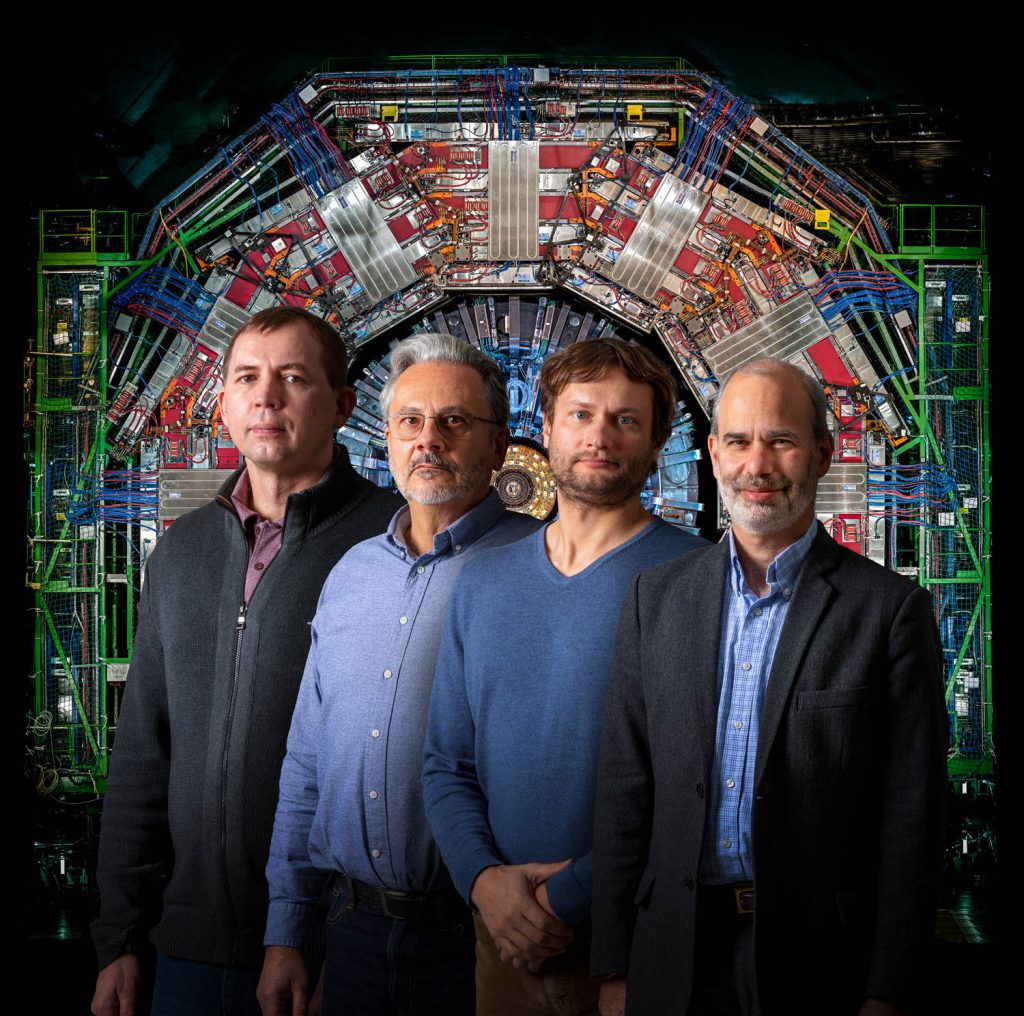
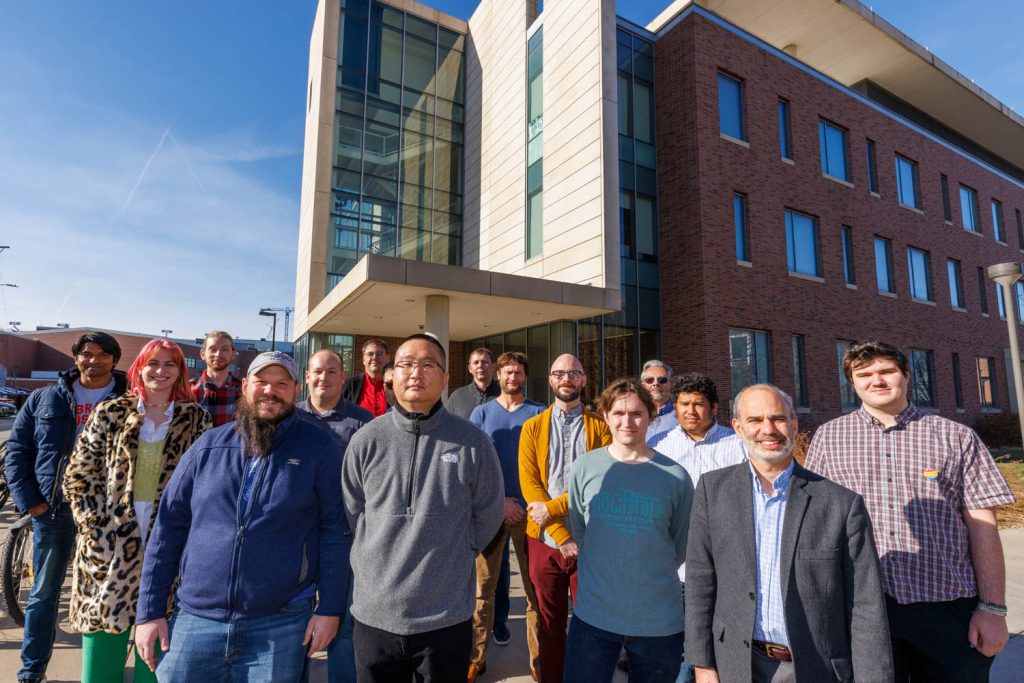
Such discoveries depend on a crucial underlying task: maintaining operations of the CMS detector, a building-sized instrument that records a remarkable 1 terabyte of data per second.
With a five-year, $51 million grant from the National Science Foundation, UNL now leads the NSF-funded portion of the U.S. CMS Operations Program. The program is responsible for managing U.S.-based CMS components, overseeing the software and computing infrastructure, and planning future upgrades.
“A successful research program is built on a successful operations program,” said Ken Bloom, principal investigator and professor of physics.
Nebraska will distribute funds to 19 partner institutions, all leaders in particle physics, including the Massachusetts Institute of Technology, Princeton and Cornell.
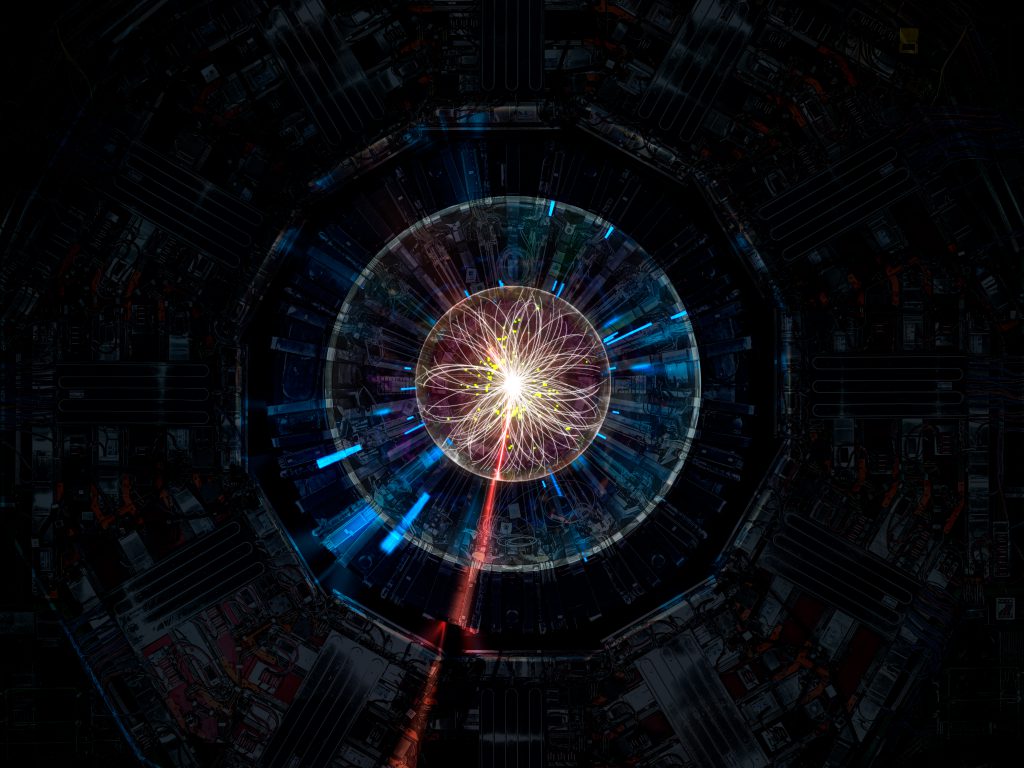
The grant – one of the largest in university history – caps Nebraska’s and Bloom’s more than 30 years of contributions to the LHC. This work started in the early 1990s, when Husker physicists launched initial research related to the instrument. In 2005, Nebraska’s Holland Computing Center became one of seven CMS Tier-2 computing sites in the U.S., which manage data that physicists use worldwide.
Bloom led the Tier-2 grid for nearly a decade. From 2015 to 2019, he served as software and computing manager for the operations program. Then in January 2021, he took over as the program’s deputy manager, which brought the NSF funding to Nebraska.
“At Nebraska, our research in physics has been a strength for decades, and this NSF grant recognizes that, along with our demonstrated ability to provide leadership on the international stage,” Chancellor Ronnie Green said.
This year, the LHC launched its third run of data collection, which will double the size of the CMS dataset. Scientists continue to explore the Higgs boson particle, dark matter and other unknown aspects of the universe.
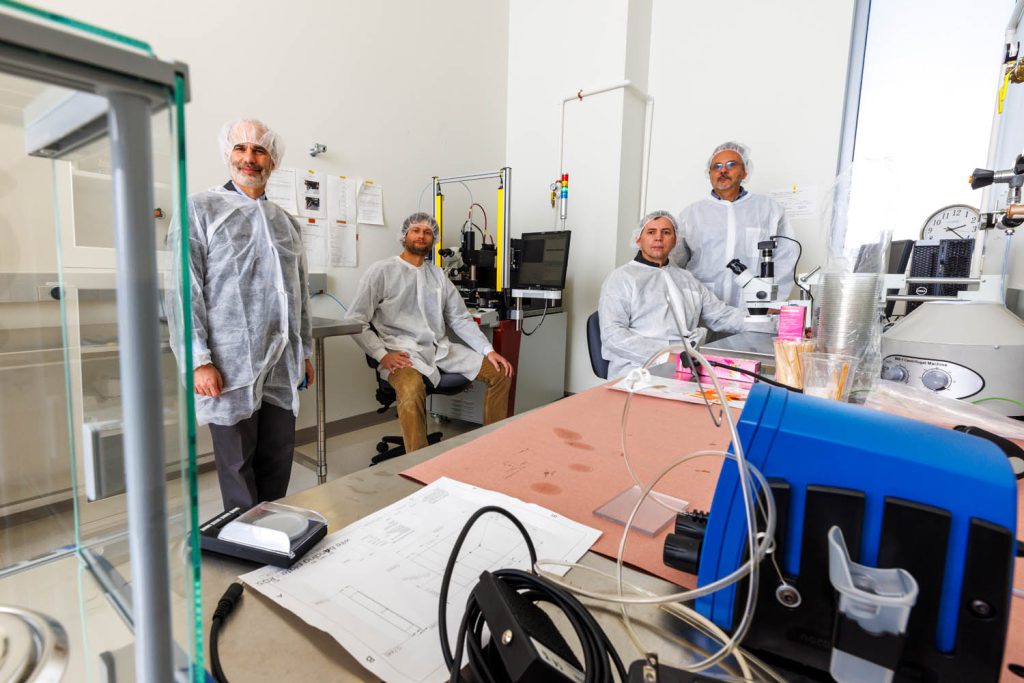
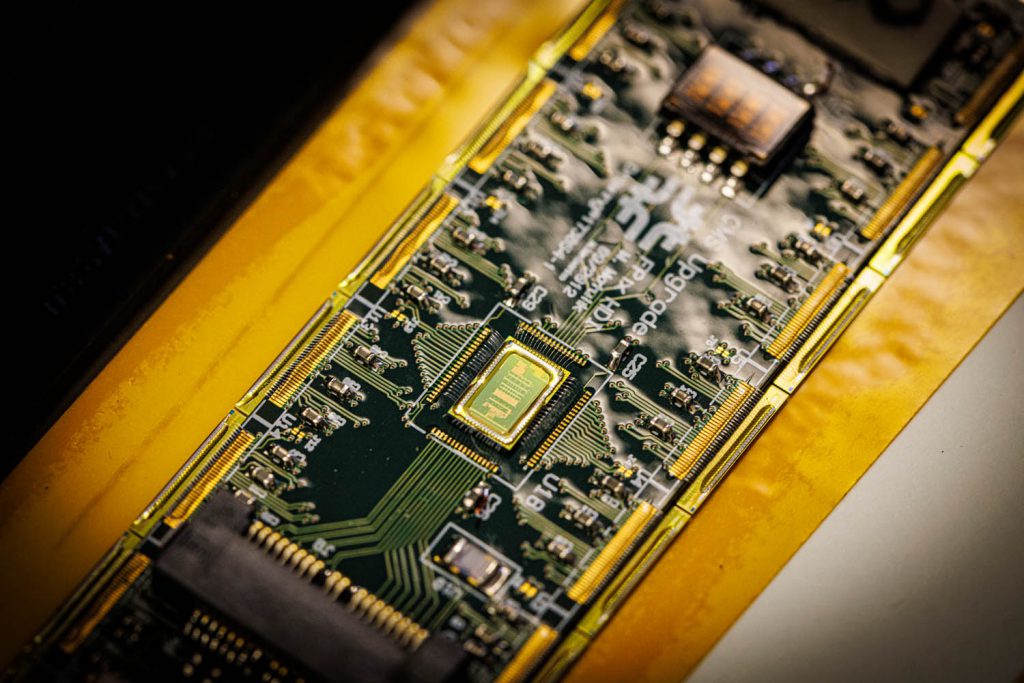
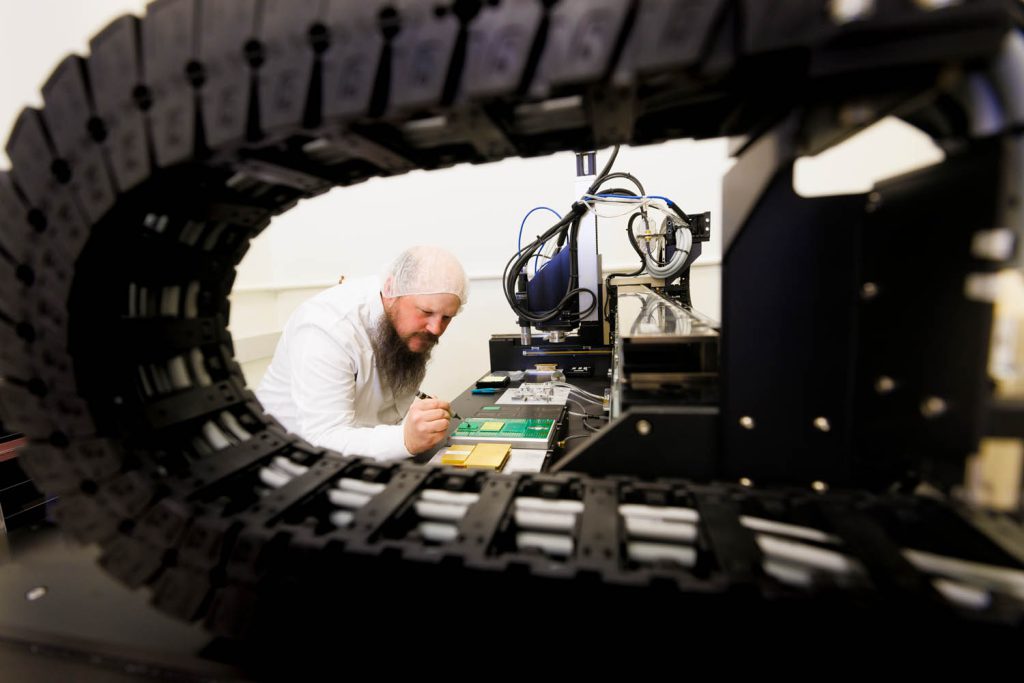
+ Additional content for Advancing International Subatomic Physics Research
Nebraska news release: Husker team takes leading role at CERN’s Large Hadron Collider
Nebraska news release: Bloom talks stewardship of $51M grant, future of particle physics
